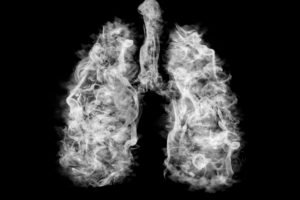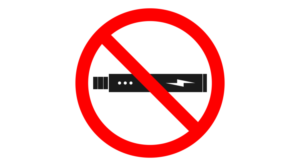Medical Marijuana Law in North Dakota
North Dakota recently joined many other states in approving marijuana for medical use. The ballot measure passed with 64% of the statewide vote, indicating a majority of North Dakotans favor the use of marijuana to treat certain medical conditions. The statute only allows for medical use, and does not allow for recreational use or possession.
State law provides that initiated measures, like the medical marijuana one, must be enacted within 30 days of passage. However, because it is a complicated issue and difficult to implement, it will take longer to enact. North Dakota’s Department of Health estimates it will about one year before patients will actually have access to medical marijuana.
Generally, the new medical marijuana statute allows for qualifying patients to have access to marijuana as a treatment. Qualifying patients must submit an application, fee, certification from a physician that they have a qualifying condition, and certification the patient is likely to receive a benefit from medical marijuana. There is no age restriction to who may be a qualifying patient, or limit on the form of marijuana. Under the new statute, about a dozen conditions may be treated with marijuana. Some of the qualifying conditions include cancer, AIDS, hepatitis C, PTSD, ALS, glaucoma, chronic back pain, and epilepsy. Other conditions may also qualify if they are a chronic or debilitating condition that has not responded to other treatments, or other conditions approved by the Department of Health. This is a very broad definition compared to some other states that only approved marijuana for treatment of specific diseases. The statute allows qualified patients to possess up to 3 ounces of marijuana from a state licensed compassionate care center or a personally grown supply. Marijuana or marijuana products for qualifying patients will be dispensed at compassionate care centers, by a qualified caregiver, or through a home cultivated supply. Caregivers may assist with a patient’s use of marijuana if they are at least 21 years old and have no felony offenses. Caregivers are limited to assisting five patients. North Dakota’s Department of Health will issue ID cards to patients and caregivers, and regulate the compassionate care centers.
An interesting portion of the statute allows qualifying patients to grow their own marijuana if they do not live within 40 miles of a compassionate care center. In North Dakota, with its significant rural population, it seems likely that many patients would live outside a 40 mile radius. The statute allows those qualified patients to cultivate up to 8 marijuana plants, so long as it is not within 1,000 feet of a public school. Law enforcement must be notified about cultivating marijuana for home use and the Department of Health may inspect the cultivating operation with 24 hours notice. Overall, the statute provides an option for qualified patients who live in rural parts of the state. Although North Dakotans voted on the measure as is, the legislature may make some amendments to the statute in the upcoming 2017 session.
If you think that you or a loved one may qualify for use of medical marijuana, consider following the process provided in the new statute to lawfully possess and use marijuana. The new statute does not decriminalize marijuana, but rather provides options for those seeking medical treatment using marijuana. Patients who use marijuana as treatment for a medical condition no longer face criminal penalties, so long as they follow the policies provided in the statute. It is not completely clear what exact policies will be followed when the statute is fully enacted and potentially amended, but the passed ballot measure provides an option for patients suffering from qualifying conditions.

Born and raised in Western North Dakota, Tatum O'Brien attended North Dakota State University and graduated with distinction from the University of North Dakota School of Law. She has since built years of litigating experience in her home state and become recognized as a highly skilled attorney representing clients in criminal and personal injury cases in addition to helping those who have experienced issues of medical malpractice, serious personal injury, and wrongful death.









Comments for this article are closed.